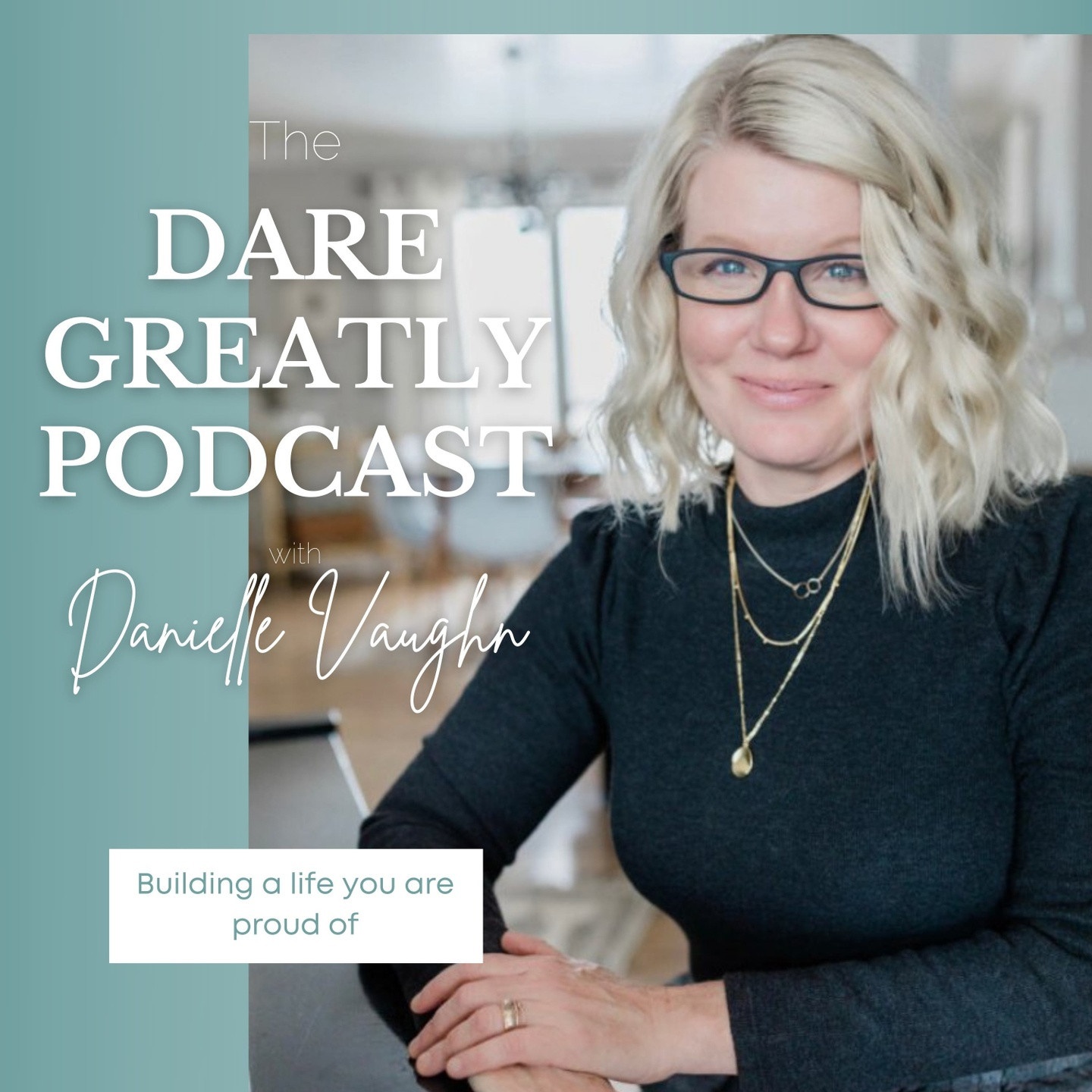What to Say When you Don't Know What to Say

Have you ever wondered, when you see another person upset, “what the heck do I say right now?” or “this is so awkward!” Do you wonder how to draw a quiet, withdrawn teenager out of their shell and get them to talk to you more, to open up to you if there’s distance in the relationship? Do you wonder “why doesn't my child listen to me?”
When your partner is upset or hurting - and you want to help but you’re so worried about the problem you don’t even know what to say and everything you DO say seems to be the wrong thing?
Or what about when your spouse is having a hard time, say it’s a problem at work, and you know the solution, but the more you offer suggestions, the more frustrating the conversation becomes?
The #1 reason even the most “well-intended” conversations can fall flat - and it has to do with the role we are taking on in the moment we are witnessing a loved one having a hard time.
We take on one of two roles: Are we being a Fixer or a Trust Builder? Oftentimes, we aren’t taking on the role the other person is needing from us at that moment.
Think about what it’s like when you are in distress, where do you turn, and what are you looking for? When we’re in distress we turn to our partners, friends, and family to feel understood, supported, and validated. A loving presence, someone simply saying, “I’m here. You're not alone.” is often all we need.
Our loved ones are looking for the same thing. So often we try to solve our loved ones' problems, our kids’ frustration, and teach in a moment when their brains are in a state of total dysregulation. The limbic portion of the brain is running the show, the system that engages all the fight / flight / freeze reactions in the body, and they don’t have access to their problem solving systems yet. And if we’re dealing with a child or teenager, or even a young adult, then their problem solving systems are still growing, they haven’t finished construction yet.
It’s so normal in our culture to shut down feelings when they are an inconvenient. We shut down feelings within ourselves, and we do this with our kids and our partners. But in these moments, often what others really need is just one thing: Our presence.
Do any of these phrases sound familiar?
“Go to your room until you can stop crying!”
“Stop crying or I’m leaving.”
“Don’t be a baby. Grow up.”
“You’re not listening to me. Calm down and listen.”
The cultural narrative for decades has been to have a stiff upper lip, and to be strong in the face of emotional pain or discomfort. I personally believe this has some upsides, but only in rare situations, such as when real harm or danger is present. Otherwise, I think the opposite approach needs to be adopted if we want to have an emotionally intelligent, resilient culture moving forward.
In fact, I wish we would teach emotional intelligence classes in the high schools. I wish they would! I wish I could teach classes about this to anyone who works with teenagers because it’s so powerful, and teenagers are so responsive; my own, the young adults I private coach with, my music students, the young women I work with in my church, I just really love how powerful these communication tools are.
There are two roles you are going to want to master in communication. You’re going to want to master being the Fixer, and being the Trust Builder.
Define Fixers: You’re being a Fixer when you have the solution and you want to solve the problem your loved one is experiencing. You offer up solutions and suggestions, with the best intentions.
Fixers aren’t all bad. The older and wiser and more experienced we become, the more we have to offer as Fixers. We’re able to offer real value to our kids and our partners as Fixers - and they actually want us to help them solve problems sometimes. Right? But it can become a strength that we overuse in relationships. You’ll know you are overusing it - if this is a strength of yours - when your loved one shuts down after you offer your pearls of wisdom. And this happens because we haven’t yet held space for the emotion that our loved one is grappling with.
Often, when we’re in Fixer mode, we underestimate the other person’s capacity to solve their own problems on their own time-table. There can be a lot of discomfort inside of us, anxiety even, and some impatience.
I want to be clear that being a Fixer isn’t all bad. There are a lot of good things about taking on the Fixer role. We just have to know the right time to employ our Fixer. We get the order backwards. Before we become the Fixer, more often than not, we need to take on what I call the Trust Builder role.
Trust Builders use the tools of Emotion Coaching when they see their loved one in distress, emotional distress. They go right to the emotion they are seeing and they allow the emotion to process through. They give it time and space. You could even say, they become a guide, a soft place to land with holding space for the difficult emotion they are seeing in the other person.
We need to take on the role of Trust Builders more than the Fixer, because it builds connection and safety in relationships.
And once you’ve become really good at building trust, then you can offer your Fixer role and it will be so well-received.
Trust Builders know three important things . . .
-
There’s no such thing as an inconvenient emotion. This is a BIG one. Because how many of us were raised this way? It’s rare.
-
How to leverage empathy and compassion to build emotional intelligence and create long-lasting goodness in their relationships through emotion coaching.
-
Agendas and time-lines are not useful, and they allow the process to unfold without forcing or manipulating or getting impatient.
Emotion Coaching is a five-step, easy to learn and implement framework, and when it's used by parents, educators and care-givers, it supports kids and teens and young adults through life’s ups and downs in a way that builds confidence and helps them grow socially, emotionally and intellectually.
The five essential steps of Emotion Coaching are:
-
Be aware of your loved one's emotion
-
Recognize your child’s expression of emotion as a perfect moment for intimacy and teaching
-
Listen with empathy and validate your child’s feelings
-
Help your child learn to label their emotions with more words, facilitate a rich emotion vocabulary
-
Set limits when you are helping your child to solve problems or deal with upsetting situations appropriately
You want to do this because:
-
#1. Builds your emotion vocabulary in the relationship, you are on the same page. Having a rich emotion vocabulary of words to describe how you are feeling is powerful. It gives yourself permission to honor your truth. When you can name and honor your emotional truth, you are practicing self-respect. We want this for ourselves and our loved ones. We don’t want to dismiss our emotional truth or there will be problems down the road, problems like anxiety disorders or depression.
-
#2. Builds trust with yourself that you can hold the scary things in your loved one. When they are facing a difficult challenge, you can connect to the emotion without having to have the answer. And what happens is the answers start to present themselves once the emotion is held and seen and allowed - I call this holding space - once you hold space for the physical sensations in the body, then the thinking / analytical brain can start to fire up. But the limbic portion of the brain, the fear, flight or fright portion, overrides executive functioning more often than not if we don’t take time to let the limbic system inform us of what needs to be paid attention to. Emotion Coaching honors the limbic system in a beautiful way, instead of trying to override it.
-
#3. Emotions are intelligence - themselves. They are not to be overridden with logic. If we have a habit of doing this, we will run into problems over time. Problems like more anxiety, depression, repressed anger and resentment, and so on. But we can reverse those things by becoming really fluent at understanding how to process emotions - giving them the due respect they deserve.
Practice this, and let me know how it goes. I want to hear. The best way to let me know is on Instagram. I teach and share in my stories how this works on the fly in my own life, and I love to hear how it’s going for you. So find me on Instagram @daniellemvaughn. Join the newsletter to stay up to date on classes and different things happening here.
I'm cheering you on in your Emotion Coaching efforts my friend.
You've got this.





